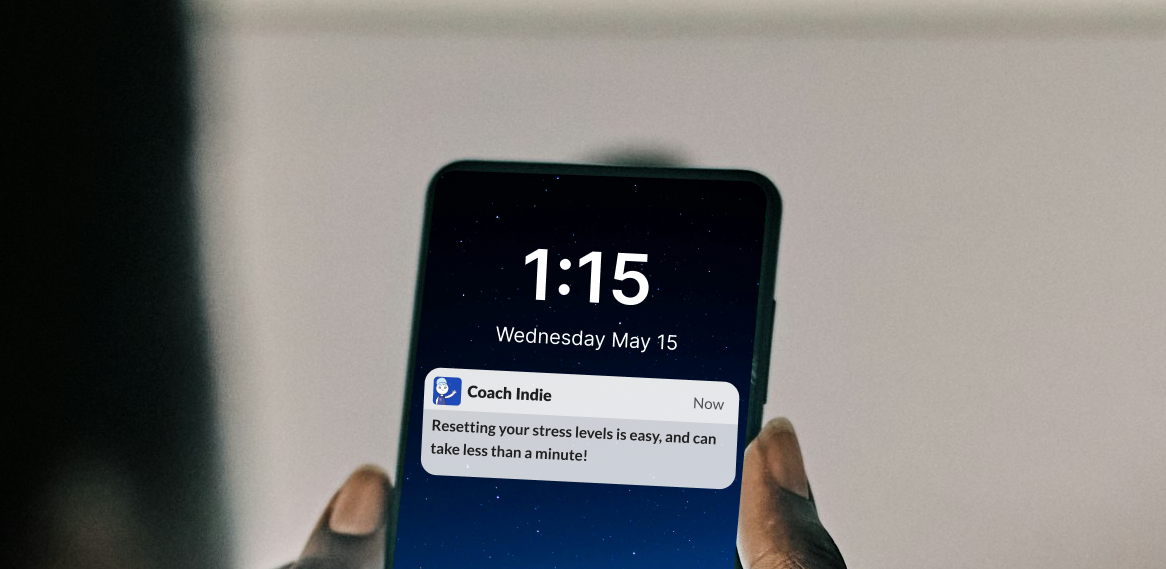Unfortunately, emotional drama in our workplaces is often regarded as a normal cost of doing business. On average, employees spend two and a half hours each day in workplace drama, which equates to 816 hours a year, and billions of dollars of lost productivity (Wakeman, 2019).
Most workplace dramas are ego-based (32%) and include behaviors such as venting, judging, score-keeping, gossiping, and tattling. We’ve gotten so good at venting that even if we’re not venting out loud, we’re often venting anonymously through surveys. Ego can distort our reality so that we start believing everything we think and feel, e.g. that we’re better than others, or that we’re a victim. When you understand how your mind works, you can step back to observe and curate your thoughts, and respond in less emotional, dramatic ways.
Lack of accountability comprises 23% of dramas and happens when you move into blame, rather than reflect on the part that you play in a situation. Accountability is about self-reflection and pulling yourself up to greatness. It requires focus on not enabling others or protecting them from reality, as this halts their growth.
Resisting change and withholding buy-in account for 14% of workplace drama. Often, we start with the premise that people resist change because it is hard, and then we coddle people and try to perfect circumstances. However, change is only hard for the unready.
A leader’s job is to manage the energy of people away from “why we can’t,” to “how we could.” You don’t need to make your people’s buy-in conditional on reality being perfect.
The way engagement is handled accounts for 8% of workplace dramas and is often unintentionally encouraged by practices that try to foster engagement without accountability. This leads to entitlement, so no matter what an organization gives its people, they just want more.
Three simple ways to rise above workplace drama
Instead of undermining psychological safety with these unnecessary dramas, Cy Wakeman suggests trying the following:
- Questioning your stories – Try asking, “What do I know for sure?” to help free the ego’s grip on your story. Follow this up with, “What is my part in this? What are my ideas for resolving the issue? What can I do to help?” This helps you move from blame to accountability in a few simple steps. And as a leader, when you prompt others with these questions, you help them to develop this as a mental process. You can assist others to realize that they can regulate themselves so they feel better about their jobs and about their place in the world.
- Add value – Adding value can prevent you from focusing on the past and operating out of your story and judgment. It’s accepting what is, and then helping. Asking the questions, “How can I help?” or “What can I do to help?” can instantly move you away from venting, and into compassion, creating a willingness to move forward with a higher consciousness and to give your best work.
- Create inner safety – The reality is we are all imperfect and make mistakes. When you create your psychological safety through editing your story with grace, forgiveness of others, tolerance, mercy, the ability to make amends and to come back together, you can carry your safety with you. Rather than argue with reality, let other people off the hook, claim them as your best teachers, and learn to operate from a higher consciousness.
Indie can help you reduce the emotional mush around you, by keeping your wellness high which aids in dealing with emotion. She can also prompt you when its time to take action, before emotions start to run high.






